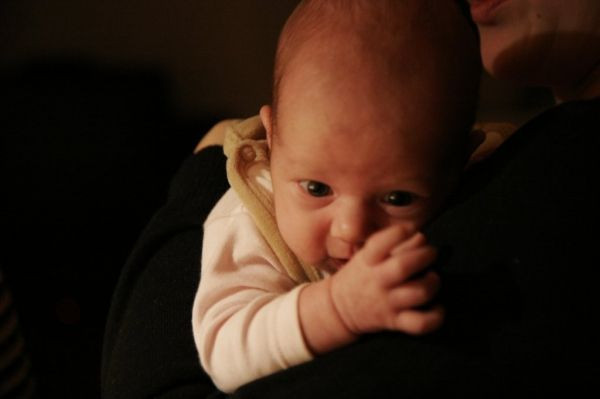Study: BPA Linked to Behavioral Problems in Girls

Baby girls exposed to a chemical found in plastics may have future behavioral problems, a study says.
Researchers at the Centers for Disease Control and Prevention and the Harvard University School of Public Health
Researchers analyzed urine samples of 244 expectant mothers during various stages of their pregnancy. The mothers were later surveyed to detect behavior and emotional problems in their children.
The study found mothers with higher Bisphenol A levels in their urine during pregnancy were more likely to have daughters with anxiety or depression problems, poorer emotional control and inhibitions.
BPA is a chemical found in some plastics, dental sealants and the liners of food cans.
BPA was detected in more than 95 percent of the pregnant women in the study and each increase in BPA was associated with more behavioral and emotional problems in girls.
The study’s authors said the reason for the behavioral changes was likely due to the way hormones guide brain development in the womb.



























